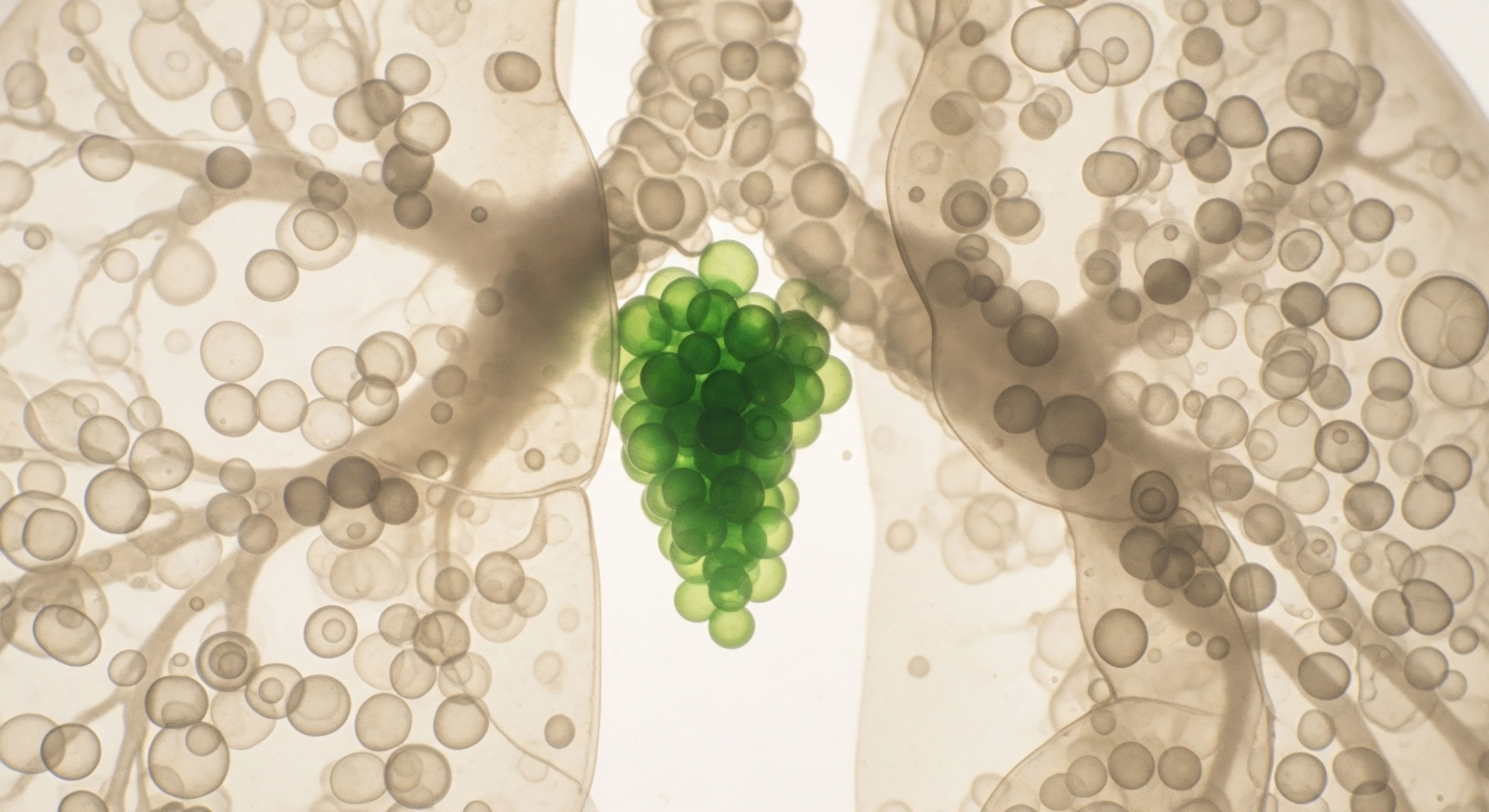Upgrade Your Brain Next Level Cognitive Dominance

Re-engineer your neurochemistry. Command your focus. True cognitive dominance is the only acceptable operating standard.
HRTioOctober 4, 2025





